World's Challenge Challenge
The World's Challenge Challenge invites all U of A students to propose an innovative solution to a major global issue. Compete for a share in the $10,000 prize to bring your project to life.
Program Timeline
Due to the Cancellation of the National World Challenge Challenge at Western University, that the University of Alberta Program fed into, the decision has been made to also cancel our World Challenge Challenge. Sorry for any inconvenience.Information to help get you started:
- Register! Get in touch and start the process.
- Consider - what are you passionate about? Where do you want to make a difference.
- Research the global problem that you want to address.
- Consider: why does this problem exist? What are its root causes? What are others doing about it? Where are the gaps? What can you (and your team) uniquely offer?
- Secure a pitch team of 2-4 UAlberta students. Though it is not a requirement, we recommend your team be made up of students from different Faculties/Departments to ensure a diverse knowledge base. Of course, you also want people who are just as passionate as you to carry the project through. The supporting team may be larger, but your pitch team must only consist of 2 - 4 Ualberta students.
- Make use of campus and community resources to help define your problem and refine your solution.
- Who, on-campus or in the community, is already studying or working on this problem? Connect with them to learn more about their work.
- Review the scoring rubric to see what participating teams will be judged on
- Submit your final proposal.
Need inspiration? Check out a few of the past team projects.
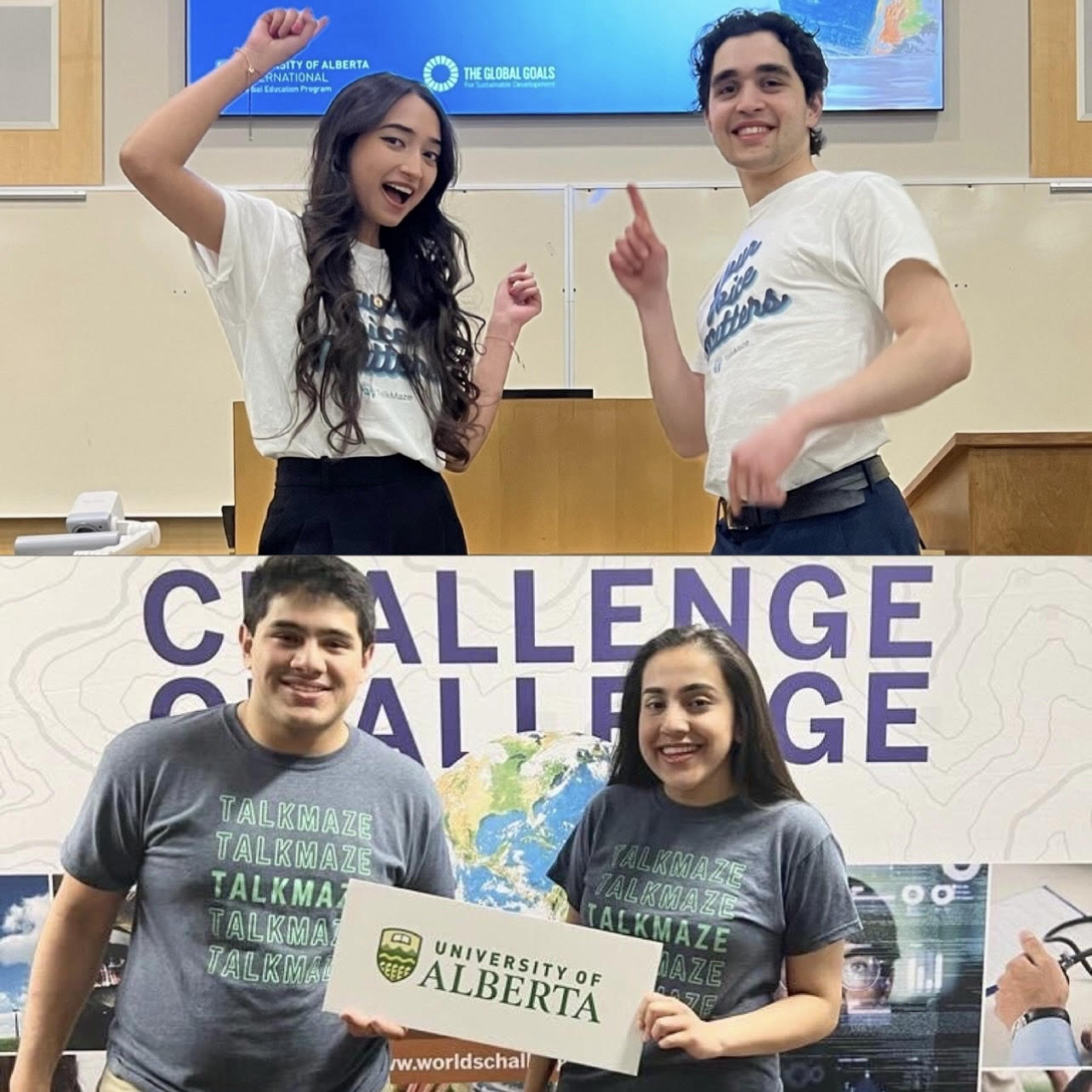 "Through the World's Challenge Challenge, TalkMaze was given a platform to showcase the way we enact goals 4 (quality education) and 10 (reducing inequalities) by bringing public speaking and debate training to students worldwide. We are thankful to have received impactful feedback and support while being inspired by other teams that are change makers in sustainable development too!" - UAlberta WCC 2023 team
"Through the World's Challenge Challenge, TalkMaze was given a platform to showcase the way we enact goals 4 (quality education) and 10 (reducing inequalities) by bringing public speaking and debate training to students worldwide. We are thankful to have received impactful feedback and support while being inspired by other teams that are change makers in sustainable development too!" - UAlberta WCC 2023 team
 "The experience at World's Challenge Challenge helped to refine and develop our aims of addressing Sustainable Development Goals 12.5 and 13.3, through biodegradable seed-embedded wrapping paper. We are grateful for the support and feedback of the local entrepreneurs and community judges, and hope that this project will plant a seed for more sustainable practices." - UAlberta WCC 2022 team
"The experience at World's Challenge Challenge helped to refine and develop our aims of addressing Sustainable Development Goals 12.5 and 13.3, through biodegradable seed-embedded wrapping paper. We are grateful for the support and feedback of the local entrepreneurs and community judges, and hope that this project will plant a seed for more sustainable practices." - UAlberta WCC 2022 team
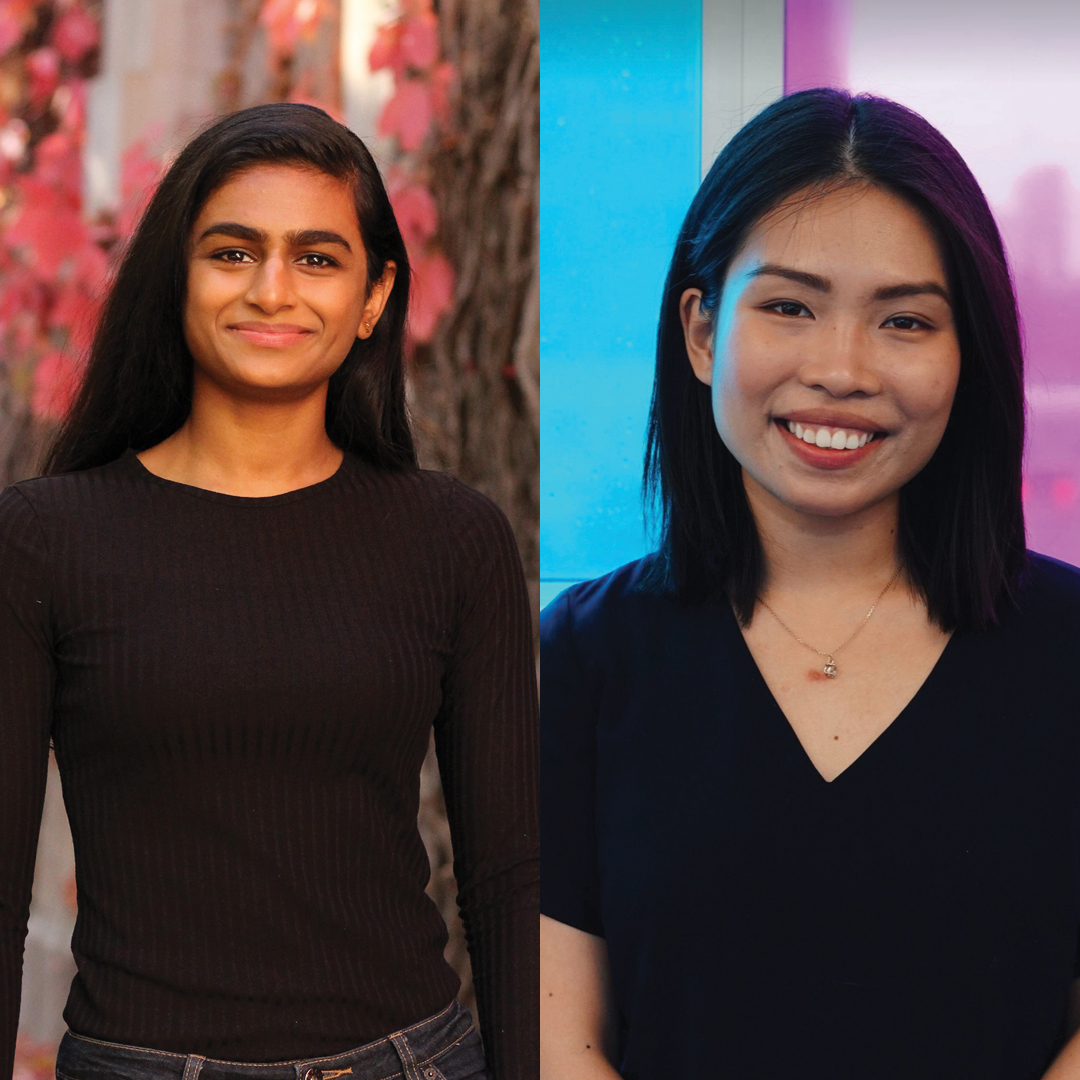
"The World's Challenge Challenge Competition gave us a jumpstart to pursue our mission of eliminating the use of non-biodegradable materials in the Cosmetics industrytry. Through the feedback and multiple stages, we have gained the knowledge and confidence to put our idea into action. Our experience at the WCC Competition also makes us feel fortunate to be part of a cohort that prioritizes positive change!" - UAlberta WCC 2021 team
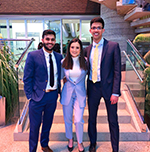
"Through our experience with WCC, we have been able to work collaboratively to create a life-saving solution for drug testing on the street level. This opportunity has strengthened our ability to make necessary impacts within our community on a local, national, and international scale in regard to SDG 3 Quality Health and Well-being. Together we hope to continue working towards equal access to life-saving resources for all individuals." - UAlberta WCC 2020 team
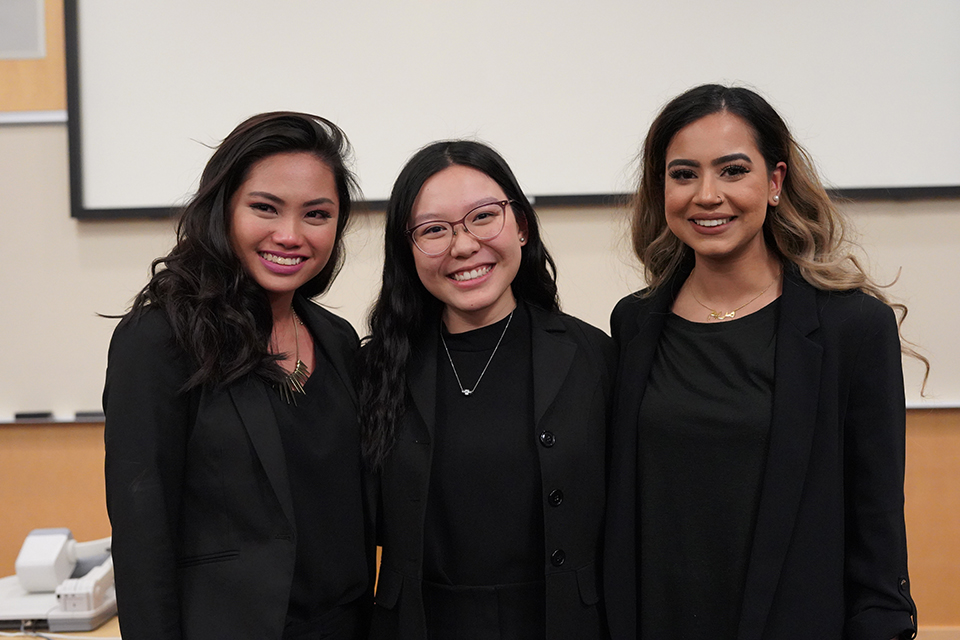 "Our experience with World's Challenge Challenge has been an amazing catalyst for our aim of creating environmentally-friendly feminine hygiene products. With a focus on UN Sustainable Development goals 5 (Gender Equality) and 12 (Responsible Consumption and Production), we hope to make a global impact."
"Our experience with World's Challenge Challenge has been an amazing catalyst for our aim of creating environmentally-friendly feminine hygiene products. With a focus on UN Sustainable Development goals 5 (Gender Equality) and 12 (Responsible Consumption and Production), we hope to make a global impact." - UAlberta WCC 2019 team
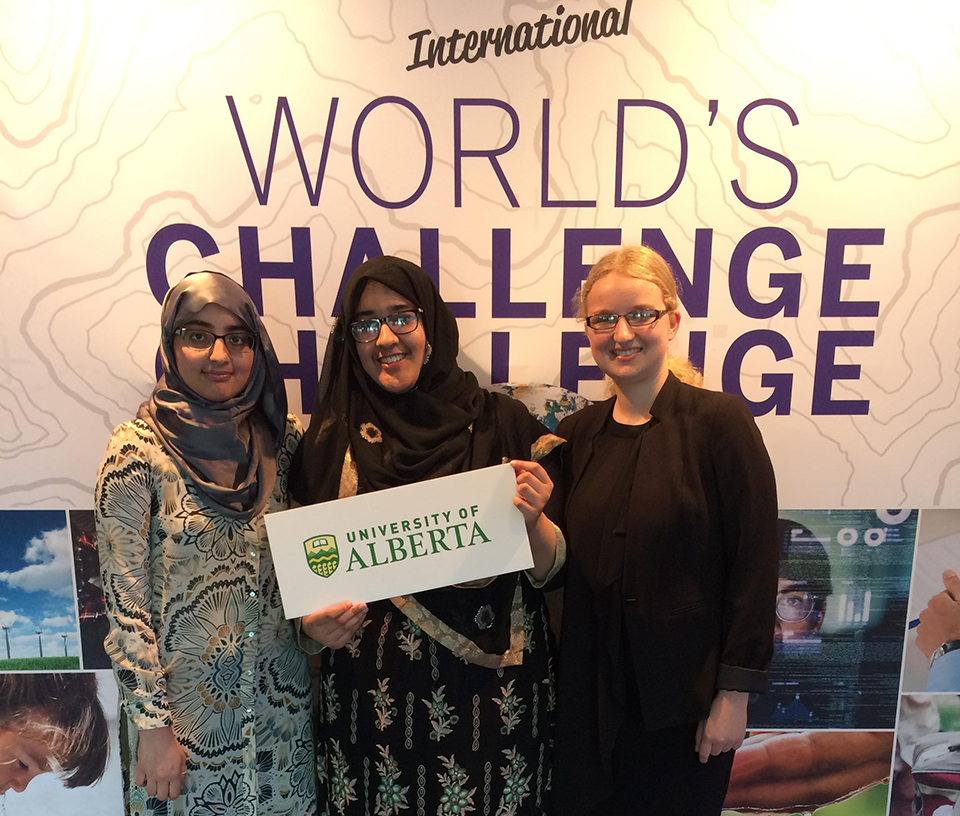
"Meeting World's Challenge Challenge participants from around the globe and learning of their innovative solutions to important world issues were incredibly inspiring and strengthened our desire to aid diabetic refugees with our project."
- UAlberta WCC 2018 team
Additional resources
- UAlberta Faculty of Science's Student Innovation Centre
- UAlberta eHUB
- Expertise finder (filter your search by the University of Alberta)
